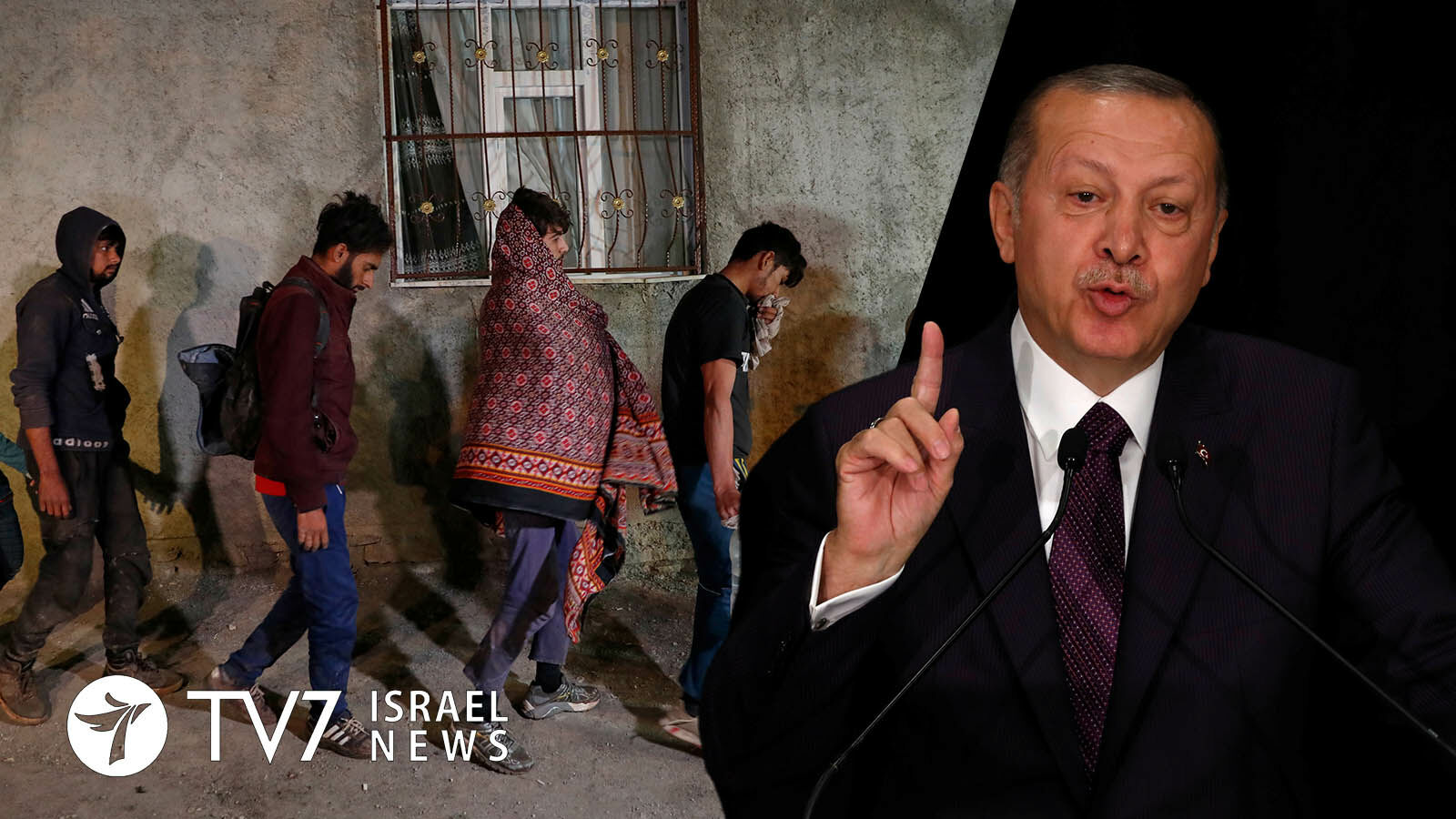The condemnation follows the deaths of 19 people due to frigid temperatures this week, just within the Turkish border.
By Erin Viner
Turkish Interior Minister Süleyman Soylu announced discovery of the bodies of 12 migrants who froze to death on Wednesday, who he said were part of a larger group of 22 people that had been stripped of their shoes and clothing by Greek border security. 7 others died yesterday. Soylu did not specify the victims’ nationality.
“Watching on as people freeze to death there is not something that can be accepted or stomached,” Turkish President Tayyip Erdoğan told reporters in Ankara yesterday.
Greece is one of the main routes into the European Union (EU) for asylum-seekers and refugees from Africa, the Middle East and beyond. The surge has slowed since 2015-2016 – when more than a million people crossed the island nation intent upon crossing into Europe.
Turkey has long accused its fellow NATO member of pushing the migrants back to sea or sinking their boats, claiming to possess evidence of the incidents.
“No matter which country’s leader we meet with, we will put the images we have recorded and all in front of them,” declared Erdoğan.
The Turkish leader went on to accuse the EU’s Frontex border agency of inaction, saying that, “It serves no purpose. Aside from backing Greece, they have no role.”
Frontex has come under scrutiny for its practices and failure to meet transparency requirements amid repeatedly allegations by Ankara of involvement in the alleged pushbacks.
Denouncing the allegations as “false propaganda,” Greek Migration Minister Notis Mitarachi insisted in a statement that “These migrants never made it to the border” and that “any suggestion that they did, or indeed were pushed back into Turkey, is utter nonsense.”
Greece and Turkey agreed to resume bilateral talks on a range of disputes in 2021, but they nevertheless continue to trade accusations and counteraccusations over the migration crisis and maritime jurisdiction in the Mediterranean.
Greece has charged Turkey with not doing enough to stop the flow of migration onto its territory under the terms of a 2016 accord, in which Ankara agreed to accept billions of euros to stem the tide and host Syrians fleeing the civil war in their nation.
Turkey currently hosts about 4 million Syrians, who represent the largest refugee population in the world; as well as some 300,000 Afghans. Ankara insists that it cannot accept any more migrants.
The United Nations High Commissioner for Refugees (UNHCR) said previously that in recent months that it has been receiving an increasing number of reports indicating that migrants entering from Turkey may have been forced back immediately after reaching Greek soil or abandoned adrift at sea.
